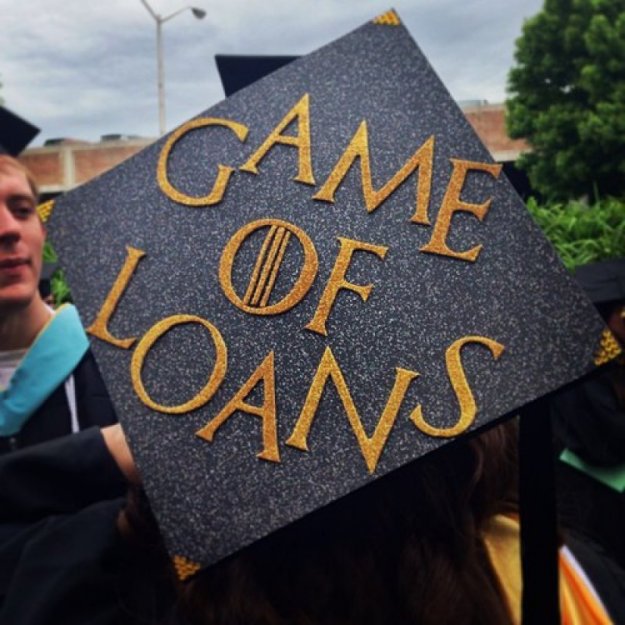
A sense of irony accompanies the fact that Baylor University, a college renowned for its academic excellence, shares a city with a struggling public school system. After the 2013-2014 school year, ten schools within Waco I.S.D. were failing to meet state-mandated accountability ratings. These ratings are based on results of the S.T.A.A.R. standardized test. From an outsider’s perspective, it seems the problem is obvious: the schools need better teachers and leadership to improve test scores. Is this solution too simple?
In reaction to the low scores, Waco I.S.D. proceeded to place new principals in the failing schools. Many of these principals signed a disclaimer stating that if the scores did not increase, they would be demoted. This caused very quick turn-around; Hillcrest PDS Magnet had four different principals over a span of five years.
The new leaders focused on implementing programs which would raise S.T.A.A.R. scores. Crestview Elementary saw such changes when the principal added tutoring sessions and required writing portfolios. This was a great success, as the following year Crestview met standards and has seen improvement even since. Many other schools in the Waco I.S.D. also saw student progress, though they did not improve enough to meet the state-mandated rating. This makes one wonder if low scores can be eradicated with tutoring sessions and writing workshops – perhaps there is more to the problem.
Both J.H. Hines Elementary and Indian Springs Middle School’s scores were in the bottom 5-percentile of scores in Texas, so the two schools qualified for grants from the Texas Education Agency in August of 2014. J.H. Hines received $3.6 million and Indians Springs received $.48 million. J.H. Hines Elementary used this money to hire behavioral counselors and community members to help combat behavioral issues. Waco I.S.D. hopes that this investment will end the problem of students missing school due to behavioral issues, such as suspensions or expulsions.
In fact, in the 2013-2014 school year, Waco I.S.D. had the greatest number of suspensions of any district in the state. Statistically speaking, from pre-k to fifth grade, 22 out of every 100 students miss school because of an out-of-school suspension. Parents accuse Waco teachers of giving up on the students by suspending them rather than disciplining them correctly. These parents also cite a feeling of shame within their children, which makes it much harder for them to return to school following their suspension. Students also learned that they could get out of school by acting out.
Waco High and G.W. Carver Middle School implemented a “Restorative Practices” program which successfully halved the number of suspensions. This initiative focuses on keeping students with behavioral problems in school rather than automatically sending them away. Students are allowed to visit “reset classrooms” in which they can gain their composure and receive instruction on how to resolve the issue. Additionally, both campuses hired a Behavioral Support Aide to better help teachers and students understand the root of the behavioral issues.
These initiatives have seen an incredible amount of progress not only in reducing the number of suspensions at these schools but in the test scores as well. Waco I.S.D. is actively working to implement similar programs in every school. Clearly, students must be in an environment which fosters growth and understanding in order to succeed academically. The more students are encouraged and engaged by their teachers, the more interest they will show in their schools.
Nikki Thompson is a sophomore majoring in English.
Sources
http://kwbu.org/post/waco-isd-secures-big-grant-money-struggling-campuses
http://csgjusticecenter.org/youth/media-clips/waco-isd-tackles-highest-state-suspension-rate/








